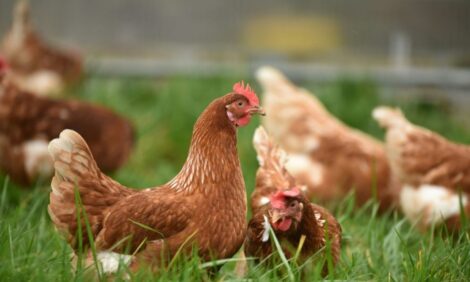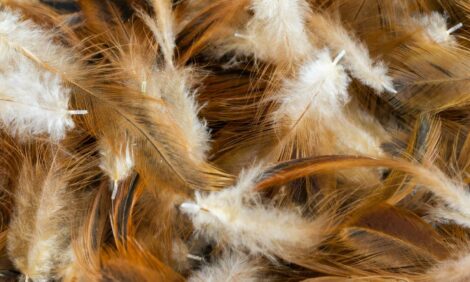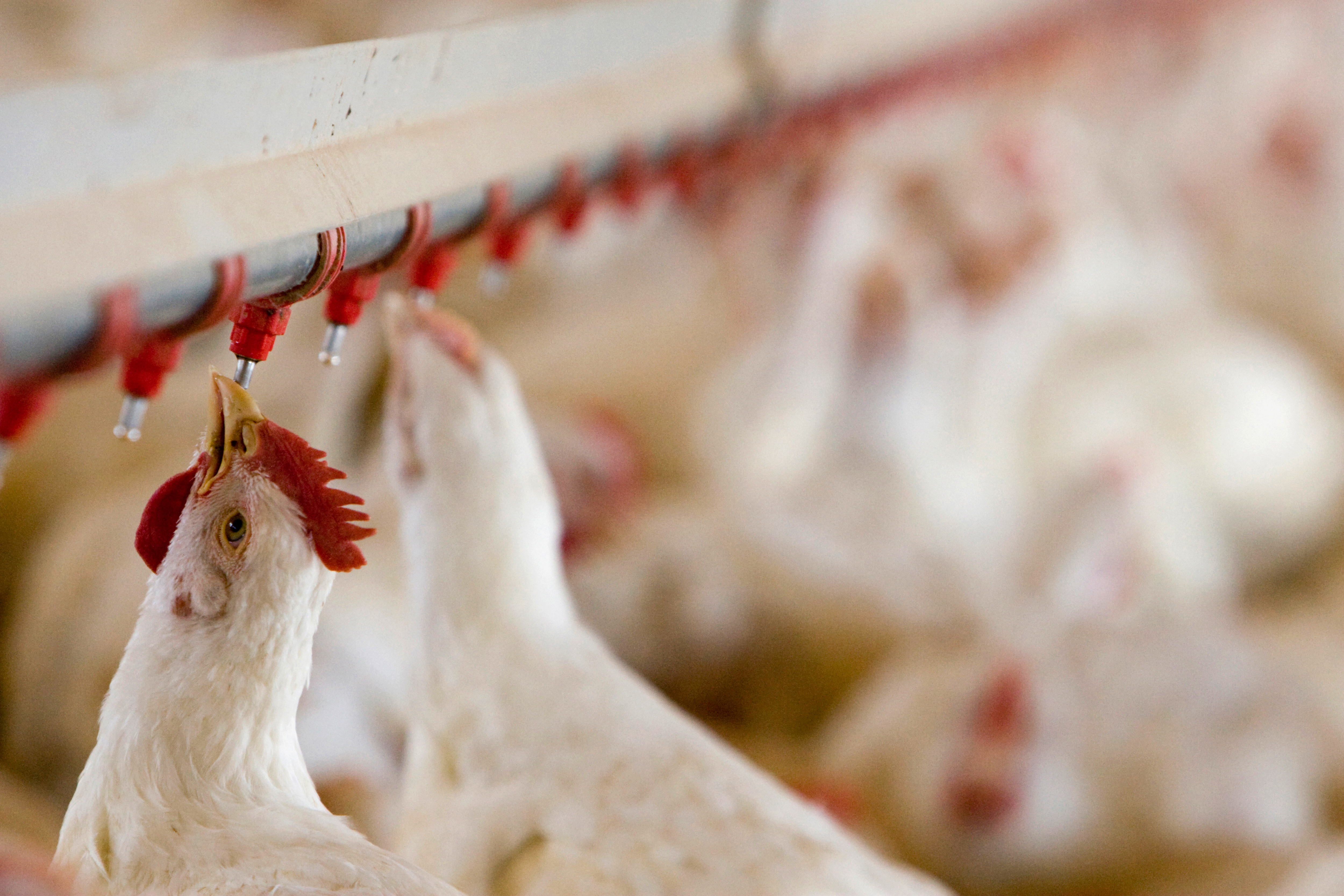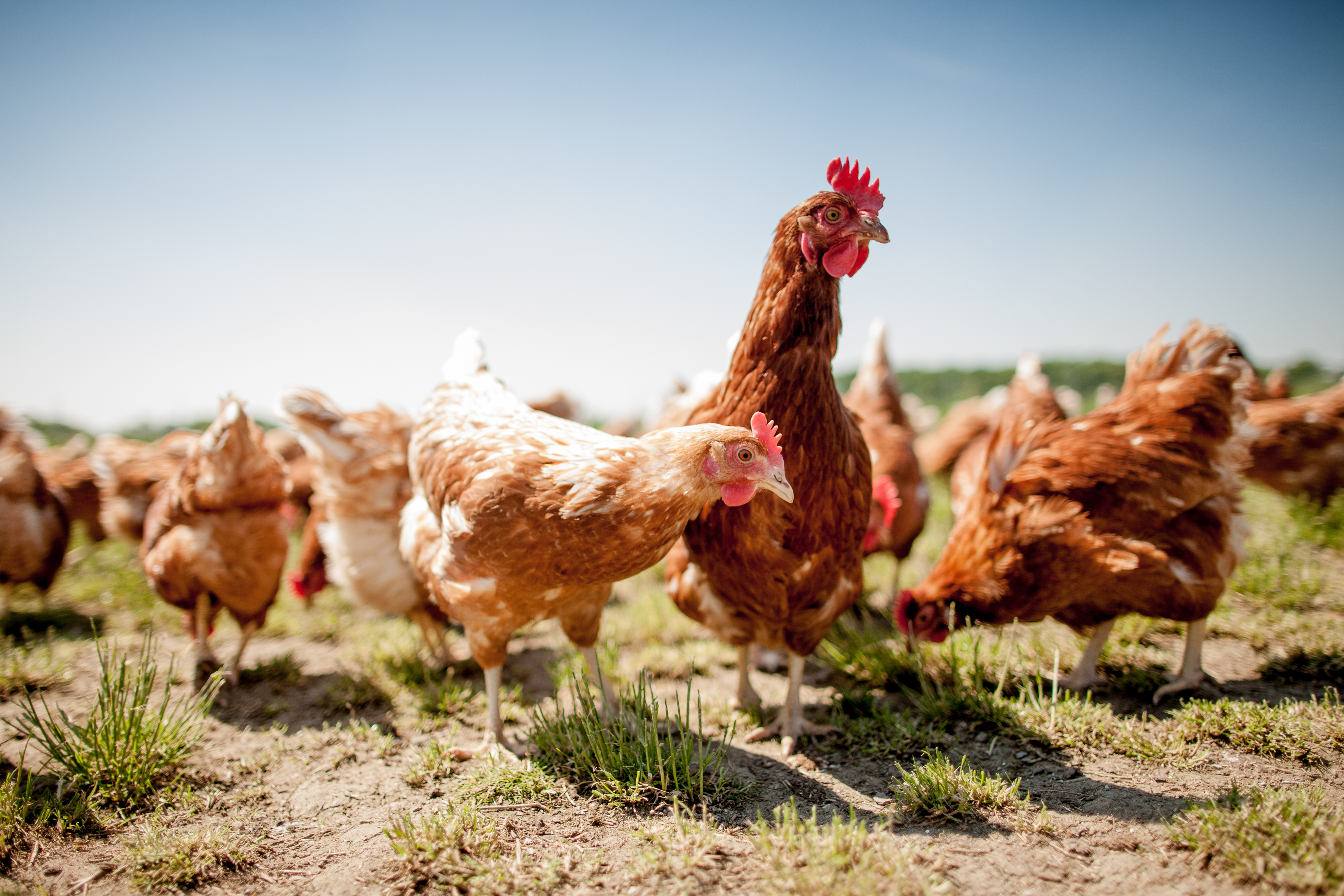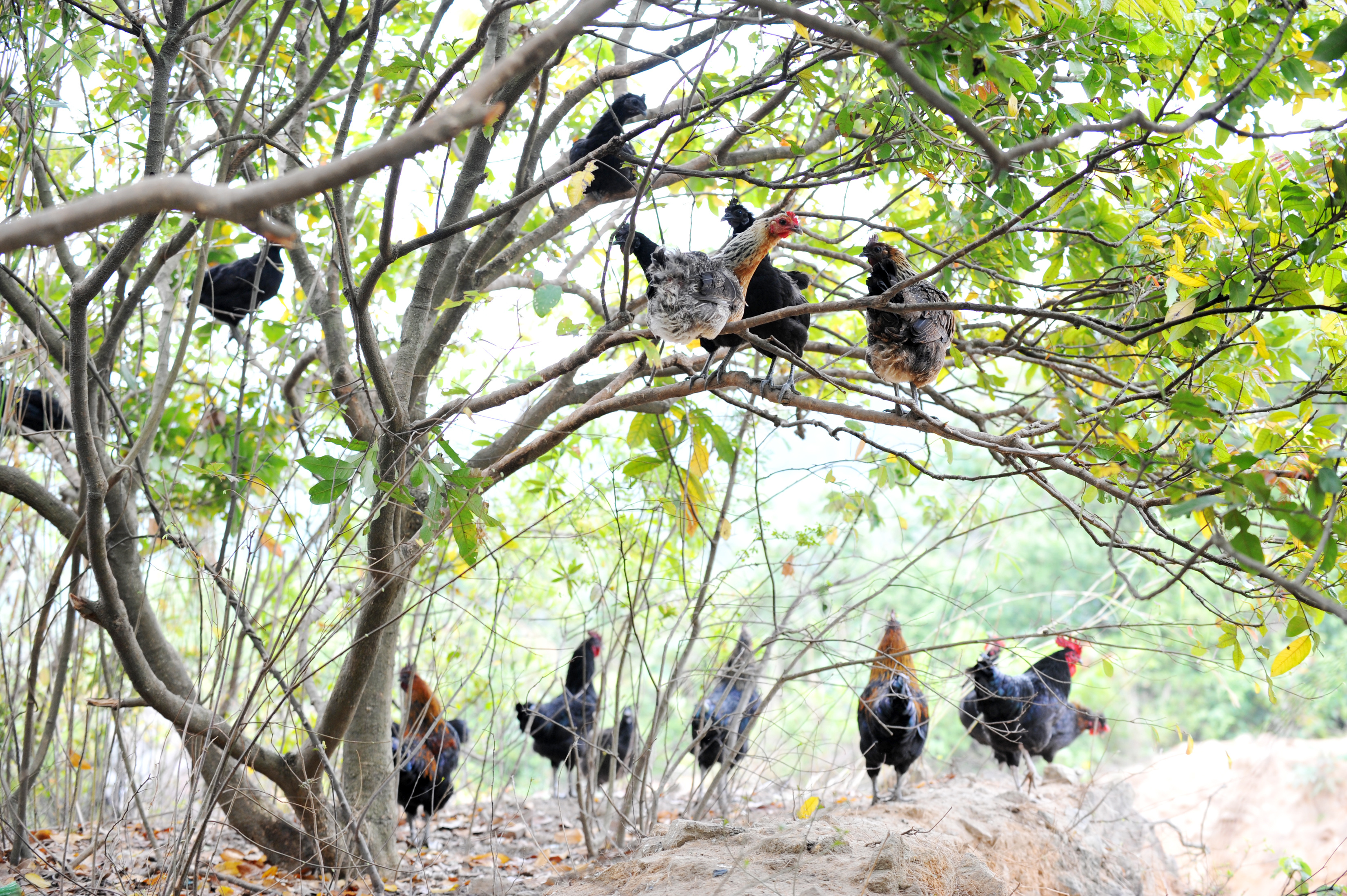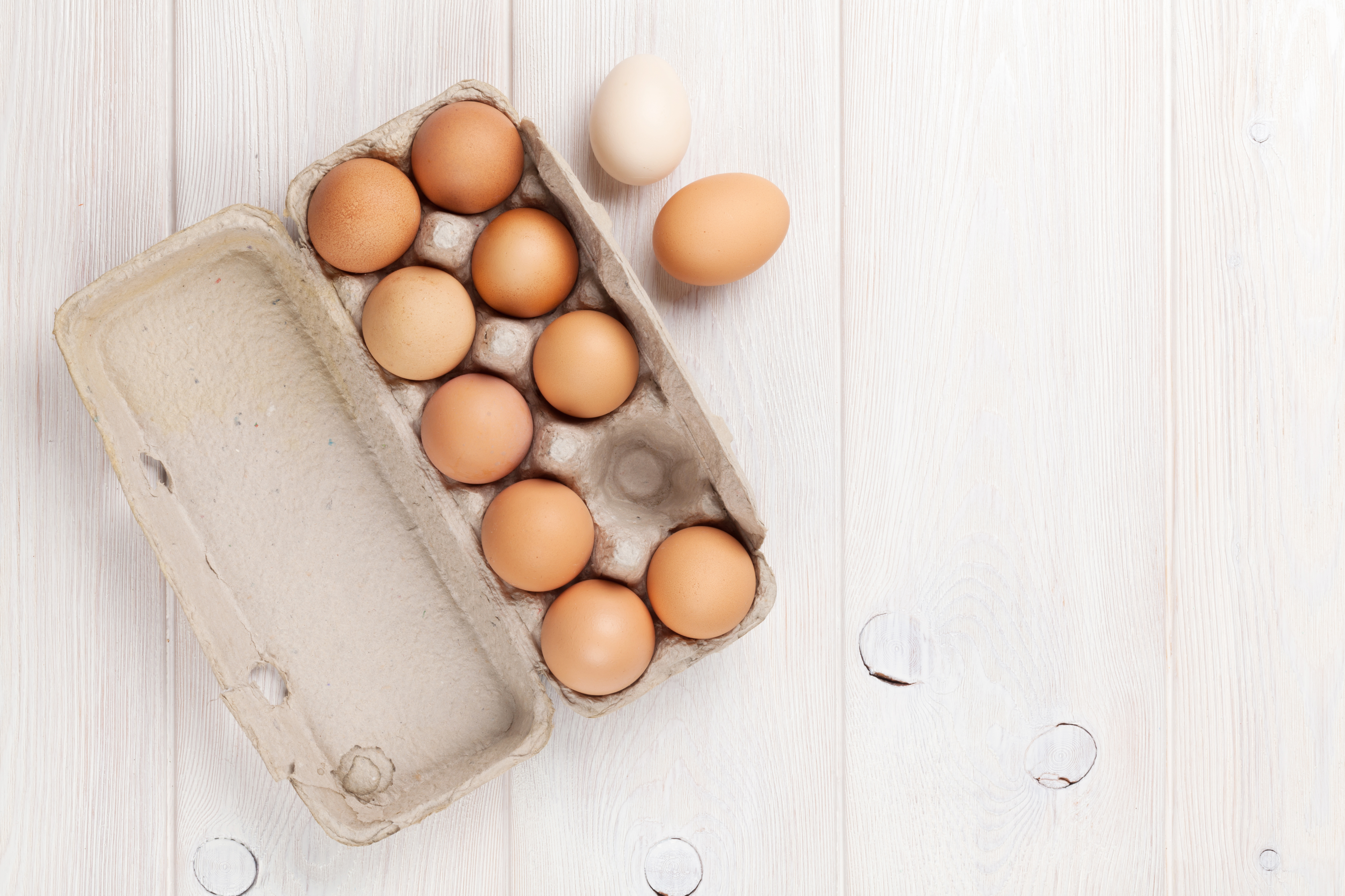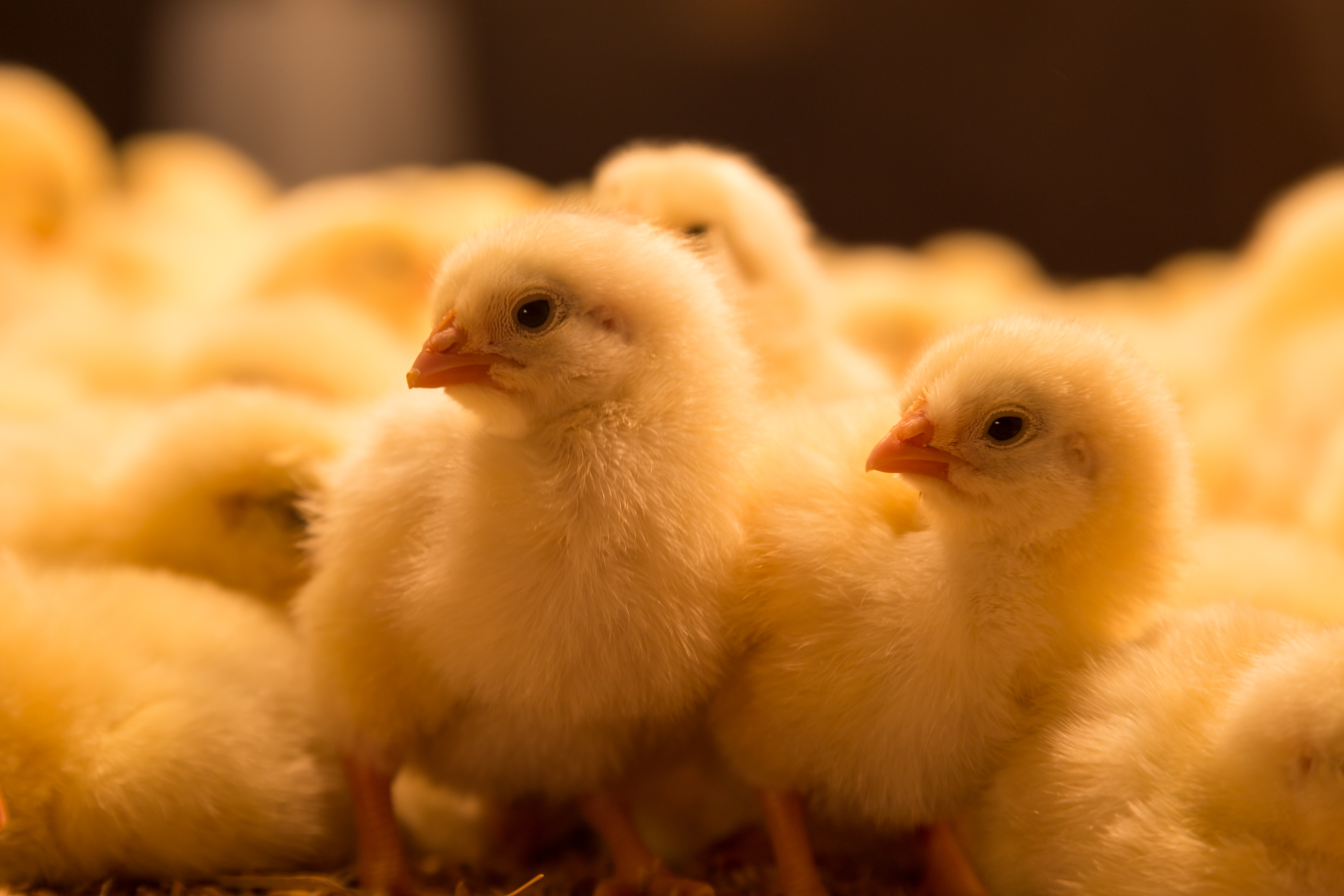



The Chicken Whisperer: Winter is coming
In this podcast, Andy Schneider and Brigid McCrea discuss the steps backyard keepers can take in autumn to prepare their flocks for winter.Part of Series:
< Previous Article in Series Next Article in Series >
For backyard poultry keepers, autumn usually means shorter days and moulting flocks – but the shorter days and cooling temperatures are a key time of transition for backyard birds. According to Dr Brigid McCrea, many backyard keepers don’t think about the steps they can take in October and November to make their lives easier during winter. In this podcast, she and Andy Schneider discuss the best way to take advantage of the season while preparing your birds for colder months.

Start with the back yard
Many backyard poultry keepers have the coop and chicken run set up in the back yard. If this is similar to your set up, McCrea recommends letting the chickens into the garden to glean any dormant seeds or flowers. Since she doesn’t have a productive garden in the winter, she digs up the plants and let’s her chickens in. In her experience, the chickens eat weed seeds and insects, and their wastes fertilise the soil. Also, letting the chickens into the garden in October and November ensures that the bacteria in their manure die before spring planting.
If you want to maintain biosecurity measures, take the garden to the chickens. Backyard keepers can dig up fallow plant material from their gardens and chickens pick through it before it’s composted. This will provide the chickens with enrichment and create high-quality compost that can be used in the garden next spring.
Soil tests and analyses
Autumn is the ideal time to test the soil in your garden. US-based keepers should approach their county extension office or the local agricultural board in other parts of the world. This will tell you how much compost you need or if you should invest in cover crops to let the soil rejuvenate.
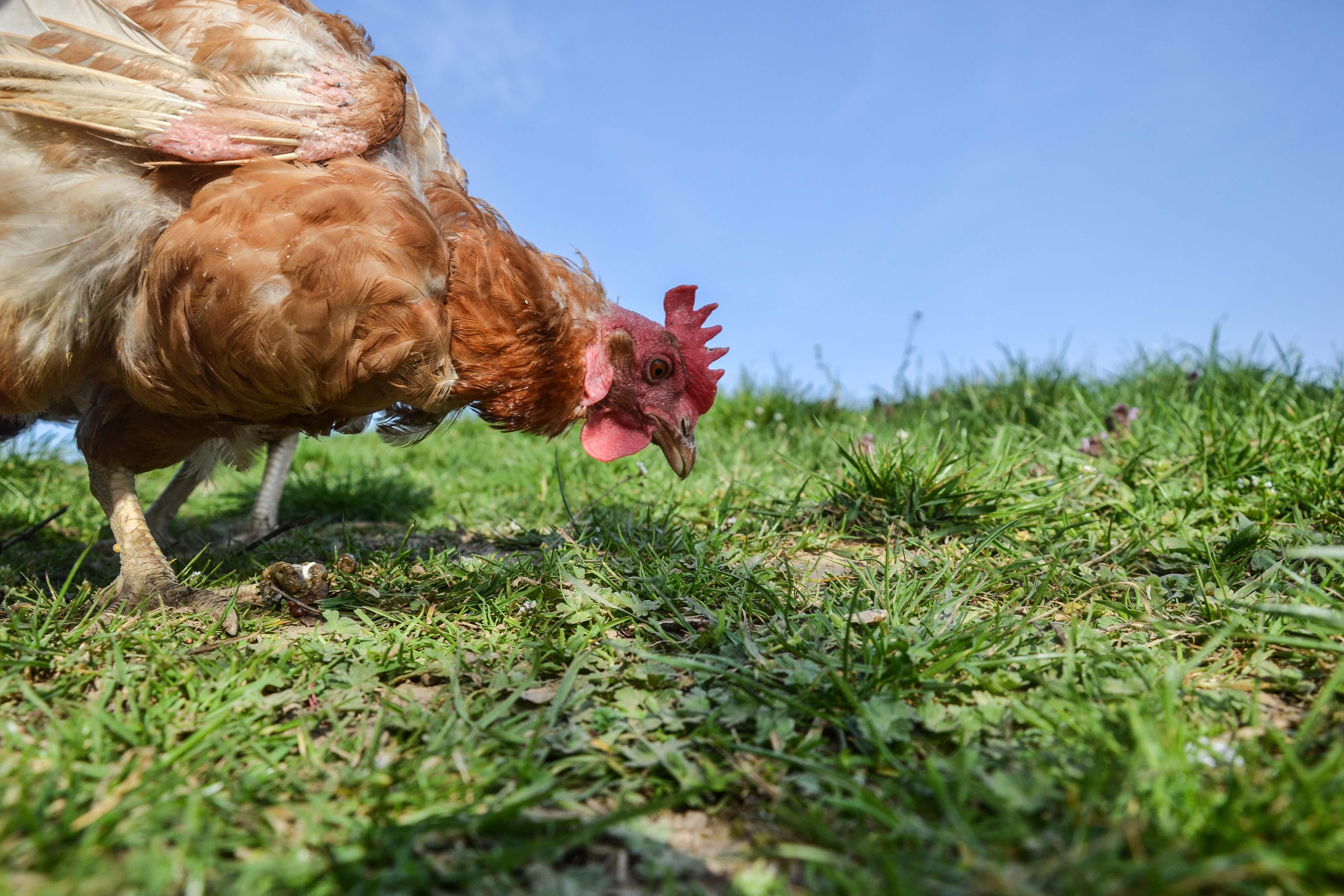
If using cover crops, McCrea recommends planting clover. In the US, companies like Nature Seed have a blend of cover crops geared for backyard poultry.
Backyard keepers should also consider doing a forage or pasture analysis for their gardens. A forage test analyses a one square meter sample of grasses collected from the backyard (or a 1 gallon bag) to see what is there and how nutritious it is. The test should be available at a county extension office.
Think of other spaces
McCrea stresses that this is the time of year to do the dreary winter work early. The sheds and feed room need to be cleaned to avoid rodent infestations. McCrea recommends disrupting things around the coop to flush out any insects or mice that were looking to stay. Junk piles should be cleared, and any large containers or drums should be shifted. Keepers should deep clean their spaces and account for all items in the feed room. Tall grass should be mowed and burn piles should be eliminated (as long as there isn’t a burn ban). Food should be stored off the ground and junk piles should be cleared.
Poultry keepers should also remove any standing or pooling water. Even though it’s too cold for mosquitoes in autumn and winter, getting a jump on this will make life easier when the weather warms. Cleaning gutters and downspouts is also a good idea. McCrea also recommends building up muddy spots with gravel or mulch. This will make it easier to access the coop with a wheelbarrow.
Take advantage of the surrounding environment
Though McCrea and Schneider caution that all things (especially treats) should be done in moderation, they both encourage backyard poultry keepers to look for clippings left over from cleared corn mazes, seeds, pumpkins from Halloween and fallen leaves for their chickens. Chickens enjoy looking through horn husks and love having loose leaves in their preening area. The extra food and plant materials are an opportunity for mental enrichment. McCrea recommends putting the extra food to work by roost training young birds.
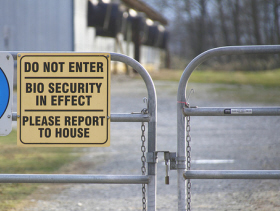
Make your life easier
In McCrea’s experience, creating a station that has a footbath, a chair, a rubbish bin and an area to change into chicken-carrying clothes has made her life easier. The area allows her to maintain biosecurity and dispose of items without carrying them into her house. She recommends making small purchases (especially for Christmas) that will keep civilised life possible.
Other than the typical items like boots, footbaths and bins, McCrea and Schneider recommend getting locks for the coop. She also urges keepers to create a sign saying “no admittance” to designate a biosecure area.








